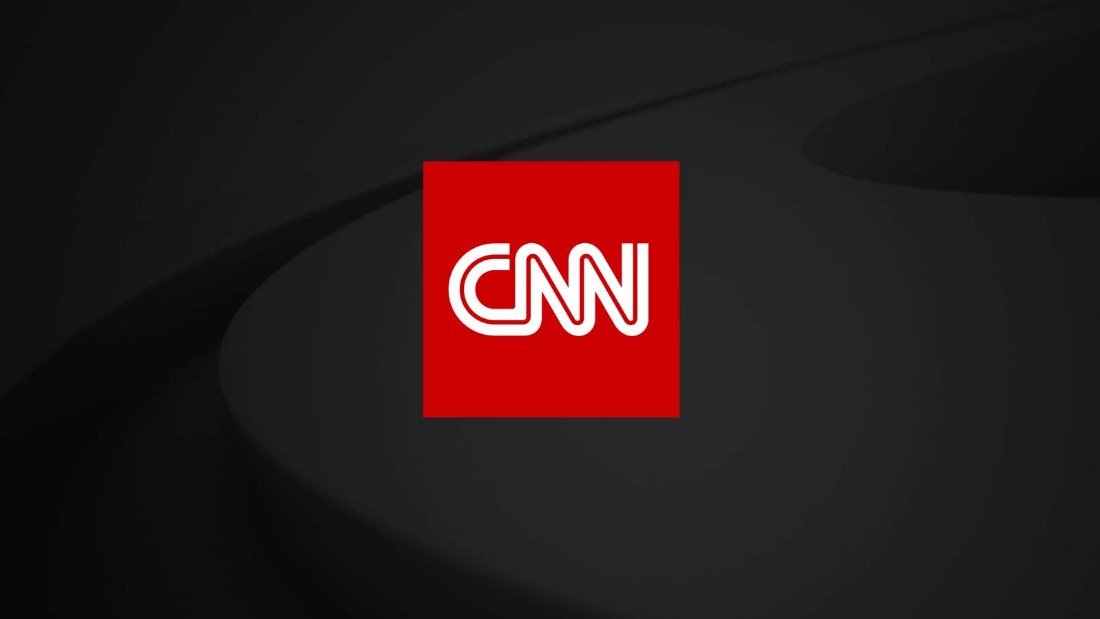WHO chief calls for further investigation into coronavirus lab leak theory
White House senior Covid-19 adviser Andy Slavitt suggested Tuesday that American governors “know better” than to relax Covid-19 restrictions as fears of a fourth surge in the US rise.
“I think the governors know better. I think the governors know that they’re not helping the cause, that they’re actually weighing down the cause. They may think it’s a popular thing to do. I don’t think that’s the case. I think people want to be told what the truth of the matter is. To me, a mask feels like a very small price to pay to protect people’s lives,” Slavitt said on CNN’s “New Day.”
His comments come as a number of states have moved forward with the lifting of some restrictions, with Alabama Gov. Kay Ivey saying she will remove the mask mandate in her state.
CDC director Dr. Rochelle Walensky suggested she would make the case to governors to slow down the relaxing of restrictions during the weekly White House call Tuesday, and Slavitt said Walensky “is going to press this point very clearly.”
“Her job is to speak the truth, even if people don’t like it,” he said of Walensky.
Slavitt also presented stemming the potential surge of the virus as a matter of free will and personal choice.
Despite signs of hope and optimism, he said, “this virus is still spreading… we take our guard down, this is what’s going to happen.”
He framed it as a question: “Are we going to just wait for science to rescue us, or are we going to participate in our own rescue?”
Americans, he said, “have the opportunity in our own hands to fight this outcome.”
“We are lulled into this false sense that this thing can’t get to us,” pointing to rising cases in states like Michigan that show it isn’t true.
Slavitt declined to weigh in on comments from Dr. Deborah Birx on the potential mitigation of deaths, saying, “I don’t think we really have the time for the infighting and the finger pointing. I think the public would be disappointed in us if they felt that we were looking at this in anything other than a very competent, business-minded-like way, and I think that’s what we’re trying to do.”
And ahead of the World Health Organization’s report on the origins of the virus, Slavitt posed questions about the methodology. Until then, he said, the report should be viewed with “healthy skepticism.”
“I think we have to understand the methodology of that report better. Were the investigators who wrote the report giving complete access to everything? Were they, in any way, influenced by the government of China when they wrote this report? Until we have the answers to those questions, I think it’s best that we view the report with some healthy skepticism, not necessarily cynicism, but just important to make sure that these reports are done right,” he said.
![]()


